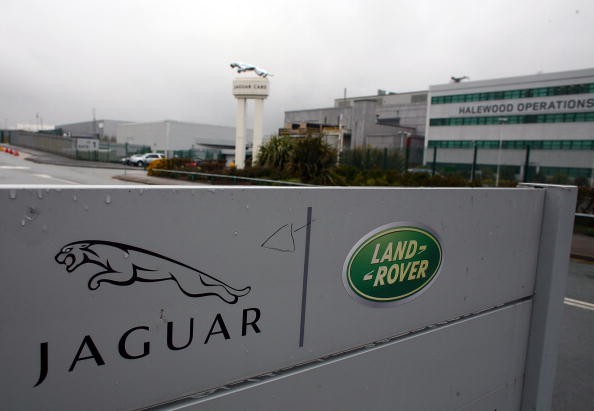Jaguar Land Rover (JRL), owned by India-based Tata Motors, is suing Chinese automaker Jiangling Motor Co. for allegedly copying its design, the Global Times reported.
According to experts, the move by JLR prompts all local firms to respect intellectual property rights.
JLR claims that the Chinese company's Landwind X7 sport utility vehicle pirated the design of its Range Rover Evoque, said Reuters, whose report came from a person with direct knowledge of the issue.
"The local court in China is serving Jiangling with actions surrounding copyright and unfair competition," JLR confirmed.
Nonetheless, the automaker opted to not give details about the legal proceedings.
The Range Rover Evoque went on sale in March last year, while Jiangling's Landwind X7 SUV was unveiled five months later.
Meanwhile, lawyer Chang Yachun, an IPR issue specialist, stressed that "without detailed information, it's hard to judge whether Jiangling copied the design of the Evoque."
"JLR has to prove the design of the Evoque is unique if it wants to sue Jiangling for piracy," the lawyer associated with Beijing Kangda Law Firm added.
Chang also noted that it is highly unusual for global automakers to file cases regarding IPR in the Chinese market because of its complex investigation process.
Back in 2004, China's Chery Automobile Co. and GM Daewoo Auto & Technology Co., owned by U.S. auto giant General Motors (GM), reached for an out-of-court settlement, after the latter earlier filed a lawsuit against the former over piracy.
Chang agreed with the other experts when he said that "JLR's case is a warning to domestic automakers to be aware of the importance of protecting IPR."
As for the possible consequences, Chang shared that if an automaker was proven guilty in copying a competitor's design, it would have to stop the manufacturing and sales of the involved products.
China, currently the world's largest auto market, grew by 6.3 percent year-on-year. Amid this development, experts see the need for domestic vehicle makers to hire professionals who will help them counter piracy issues.
"Domestic automakers need to hire professional legal and design teams to avoid being charged with piracy," Qiao Shengpu, general manager of Adfaith Management Consulting's auto department, told the Global Times.
"Also, domestic players need to keep an eye on the development of their international peers," Qiao added. "Domestic automakers have to focus on innovation to enhance their competitiveness, particularly while they're facing fiercer competition from international automakers."
Asked about the government's role on this matter, Qiao noted: "Chinese regulators need to create fair, transparent markets for all players."



























